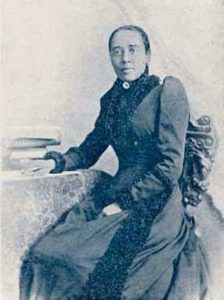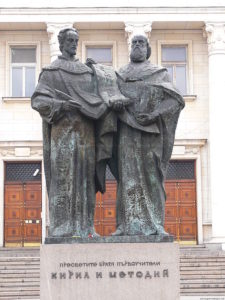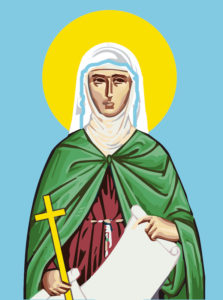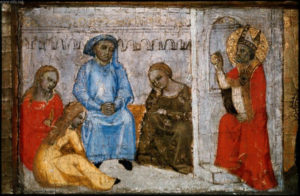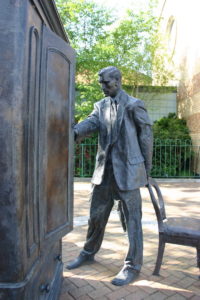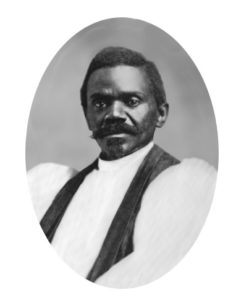
From Shoemaker to Shepherd
“As his involvement in this work continued, Holly began to feel the call to Holy Orders. He was ordained a deacon in 1855 and a priest in 1866. Around that time he was one of the co-founders of The Protestant Episcopal Society for Promoting the Extension of the Church Among Colored People–you and I would know them as the Union of Black Episcopalians. He was clearly becoming more deeply involved in the emigration movement, and in 1861 he led 110 African-Americans to settle in Haiti.”

